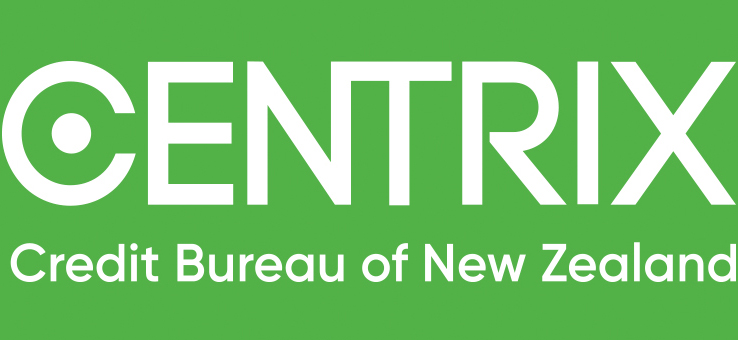Managing risk is often top of mind for Kiwi business owners. With recent data showing company liquidations in New Zealand are up year-on-year, unfortunately, the risk of bad debts is an ever-present consideration when it comes to running a business.
One of the simplest steps to manage and minimise the risk of bad debts is to credit-check all new and existing customers. Business credit reports will give you a good indication if you’re likely to be paid by the companies you have trusted to honour agreed payment terms.
You can also make sure your terms of trade include consent to perform credit checks, including personal credit checks for company directors. Additionally, you need to include consent to act if things go bad (such as referring to a collection agency).
However, despite your best efforts, sometimes your customers will default on payments, and in the case of insolvency, may be unable to repay their debts.
So, what happens if your business customer becomes insolvent, and how will you get paid?
Sole Trader Insolvency
When a sole trader faces insolvency, businesses that are owed money may find themselves at risk of not receiving payment. As the sole trader’s personal assets are linked to the business, creditors may need to recover outstanding debts from the individual’s assets.
To reduce the risk of bad debts from sole traders, it’s important to run personal credit checks on sole traders prior to providing credit. You can also get permission to lodge a security interest on the PPSR register, to protect your company’s cashflow if your sole trader customer can’t pay your debts.
Partnership Insolvency
If your business customer is a partnership, then all of the individual owners are equally responsible for the business debts. That means if a partnership becomes insolvent, as per a sole trader, you may need to recover outstanding debts from the individual partners’ assets.
You may encounter challenges if one or more of the partners can’t contribute their share to settle debts. If one or more partners become bankrupt, you can continue to deal with the non-bankrupt partners to try to recover debts. If all partners become bankrupt the partnership is dissolved and you will need to go through the Official Assignee.
Running personal credit checks on all partners and directors before providing credit and lodging a security interest on the PPSR register can help to protect your business from bad debts if you are extending credit to a business partnership.
Limited Liability Company Insolvency
Most New Zealand businesses are limited liability companies, which are registered with the New Zealand Companies Office. This type of business offers the owners protection of their personal assets, as the company is responsible for the debts.
However, if a company director has personally guaranteed the company debts, they will be responsible if the company cannot pay. They can also be made responsible for the company debts if the business continues to trade after the company becomes insolvent.
To reduce the risk of bad debts from limited liability companies, it’s important to run business credit checks before providing credit. As a company’s financial position may change over time, regular credit checks or commercial alert monitoring are the best way to know if any of your business customers are experiencing financial difficulties.
Advice for businesses in financial difficulty
If your business customer, or your own business, is in financial difficulty, there are steps you can take before becoming insolvent. Seeking professional advice with your company accountants and financial services providers to explore negotiation options with creditors may help with cashflow management. Some helpful resources are below:
Free resources, tools and information to help manage your business, or learn more about liquidation, receivership and exiting businesses.
Information on what to do when your business is in difficulty.
Free independent money guide, full of tools and information to help you manage your personal finances.

